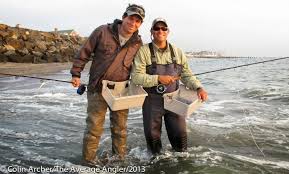 WHY IS THIS IMPORTANT? In 2 Timothy 2:2 (ESV), Paul encourages Timothy, a young pastor to be strengthened in Christ “and what you have heard from me in the presence of many witnesses entrust to faithful men, who will be able to teach others also.” Teens communicate, care, and reach out to teens best. Enlist, train, and mobilize them to carry out the work of the group.
WHY IS THIS IMPORTANT? In 2 Timothy 2:2 (ESV), Paul encourages Timothy, a young pastor to be strengthened in Christ “and what you have heard from me in the presence of many witnesses entrust to faithful men, who will be able to teach others also.” Teens communicate, care, and reach out to teens best. Enlist, train, and mobilize them to carry out the work of the group.
WHAT DO I DO? Take these steps:
- ask God to send teen workers (Matthew 9:38),
- observe what students are saying and doing,
- take students with you (in pairs) for life and group ministry,
- ask them questions to reflect upon their experiences,
- when you are sure the teen is the one, ask him/her to pray about joining the team to carry out group work,
- provide a simple job description and continue to give on-the-job training,
- continue to encourage and coach the student, and
- encourage the student leader to go through the same steps to enlist an apprentice.
Following these steps will help teens gain confidence and competence so they will say yes to you and God when you ask them to join you. Don’t try to do the work alone. Prayerfully enlist, develop, and mobilize teens into service. Guide them to be fulfilled and fulfulling as they carry out the work of the group!



